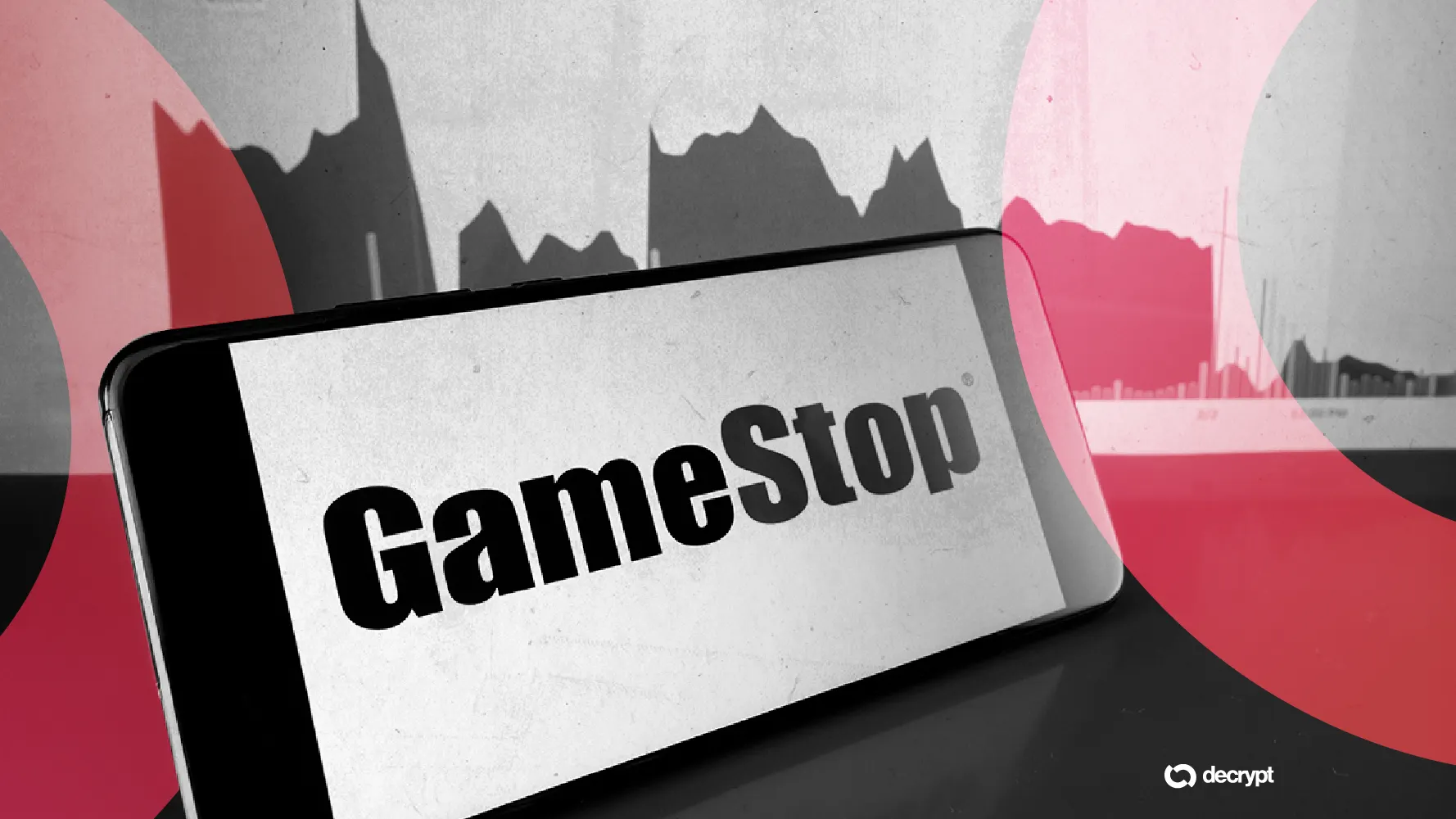The email marketing platform Mailchimp has been suspending the accounts of crypto-related content creators and media outlets this week.
The list of affected customers includes self-custody crypto wallet Edge, crypto intelligence firm Messari, and Decrypt, which had been using Mailchimp for its newsletter for more than four years.
"Thank you for deplatforming some of crypto's most reputable brands in the past 48 hours," Messari founder Ryan Selkis tweeted at Mailchimp on Wednesday. "You're proving our point. Mailchimp—and all speech censors—must be destroyed."
Messari's marketing lead Jared Ronis added, "Not only was there zero warning, we can't even access our subscriber lists. If @Mailchimp's management of crypto clients is this haphazard, I shiver to think of what enforcement looks like for actual nefarious actors." (This was also Decrypt's experience: no warning and no explanation of the violation.)
An exploit of MailChimp's newsletter database has resulted in Trezor users being targeted by a malicious phishing scam. The compromise was allegedly perpetrated by a MailChimp "insider," Trezor reported.
Trezor is a hardware crypto wallet provider, meaning anyone can use Trezor to put their crypto into "cold storage." Putting crypto in cold storage takes it offline; usually, this is to secure it from cyber theft.
The wallet provider gives users a recovery seed of between 12 and 24 words that al...
A slew of recent bans
There were several reports on Crypto Twitter of suspended Mailchimp accounts in the past two weeks.
Edge's problems began on Monday when the company was preparing to send out its bi-weekly newsletter. When marketing lead Joelly Gloria attempted to log into the account, it returned as a "deactivated" account.
Edge Wallet CEO Paul Puey believes the problem is with "good old-fashioned email," and that it hasn't been brought into Web3 yet.
“While Web3 is making a lot of attempts at finding other ways of communicating with people, if you're trying to hit email," Puey told Decrypt over the phone, "you're kind of stuck with platforms like Mailchimp."
On August 1, NFT artist Ocarina tweeted that their Mailchimp account was suspended when trying to send out word about an upcoming NFT drop. Ocarina got more of an explanation from Mailchimp than some others did: "Because the content associated with your industry conflicts with our Acceptable Use Policy."
Jesse Friedland, founder of NFT collection Cryptoon Goonz, tweeted that he got banned on August 5. "Apparently, there's too much ‘risk’ servicing companies involved in crypto. Despite applying as an Apparel brand. Extremely disappointing."
Friedland shared a screenshot of the email he received from Mailchimp, which warned, "We cannot allow businesses involved in the sale, transaction, trading, exchange, storage, marketing, or production of cryptocurrencies, virtual currencies, and any digital assets."
And Greg Osuri, founder of peer-to-peer Akash Network, tweeted that Akash also got banned.
When asked if he believes Mailchimp's decision to suspend the accounts in the past week was related to the sanctions against Tornado Cash, Edge Wallet CEO Puey said it crossed his mind because of the timing. Still, he doesn't believe there is any correlation.
"It's simple, basic communication over email, something that hundreds of companies utilize with no implication of illicit activity, no implication,” he said. “Email is absolutely 100% in the clear, it's fully transparent—it's the most non-private communication you could choose to use."
A new class-action lawsuit alleges Intuit “intentionally, willfully, recklessly, or negligently” failed to protect Mailchimp data, leading to the theft of cryptocurrency from Trezor wallet users.
The lawsuit, filed in California on Friday, claims the financial software firm and its subsidiary Rocket Science Group, which operates Mailchimp, are responsible for “millions of dollars of losses.”
That includes $82,000 stolen from plaintiff Alan Levinson’s own Trezor wallet.
On behalf of other Trezo...
Puey believes that the culprit could be someone high-ranking at Mailchimp who dislikes crypto.
"I think it's just incredibly short-sighted," he said.
A history of anti-crypto guidelines
Although Mailchimp has not responded to Decrypt’s inquiries this week, Mailchimp has a history of suspending crypto publisher accounts years ago, including Blockworks and ShapeShift.
In 2018, the company responded to a similar complaint on Twitter by saying, “Cryptocurrency-related information isn’t necessarily prohibited. It can be sent as long as the sender isn’t involved in the production, sale, exchange, storage, or marketing of cryptocurrencies.”
Under “Prohibited Content,” the company’s Acceptable Use Policy lists “Cryptocurrencies, virtual currencies, and any digital assets related to an Initial Coin Offering,” stating that “we do not allow businesses that offer these types of services, products, or content.”
Mailchimp was acquired by financial services giant Intuit last year. The service was compromised by an "insider" in April, and users of Trezor hardware wallets were targeted in a phishing campaign. Affected users subsequently filed a class action lawsuit against Intuit.
"Which email provider will let me send out NFT content to my community? Mailchimp just blocked me smh," tweeted NFT marketer Olumide Gbenro late last month.
Mailchimp is not alone in its skittishness around crypto. Constant Contact, one of the largest email marketing platforms, also lists cryptocurrency under its Prohibited Content Policy.
Frustrated Mailchimp users are now eagerly looking for other services that are happy to host crypto-related content.
Daily Debrief Newsletter
Start every day with the top news stories right now, plus original features, a podcast, videos and more.






